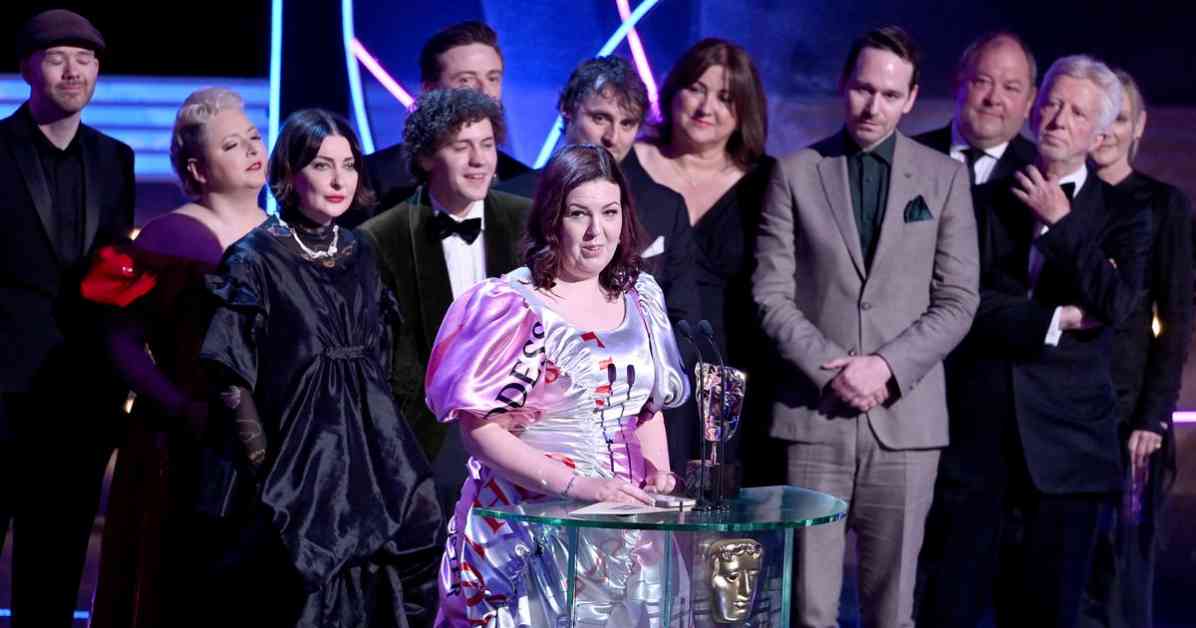Lisa McGee, the creator of the popular show Derry Girls, recently expressed her strong disapproval of ITV’s search for a head of generative AI innovation. The job posting on LinkedIn called for AI experts to lead AI-driven transformation across ITV Studios and streaming services, with a salary range of £80,000 to £95,000 per year. The use of AI in character development and production graphics was highlighted in the job description, but McGee found the whole concept to be “disturbing” and “unethical”.
In an interview with Broadcast Now, McGee shared her concerns about the impact of AI on storytelling. She emphasized the importance of human creativity, personal perspective, and the art of screenwriting in crafting compelling narratives. McGee’s sentiments were supported by Jack Rooke, the creator of Channel 4’s Big Boys, who pointed out that some of the most successful TV shows have been shaped by real-life human experiences and emotions.
It’s worth noting that ITV clarified that the AI tools would be used to enhance the creative and production processes, not to generate ideas. According to an ITV spokesperson, the goal is to leverage AI to improve efficiency and creativity among staff members while optimizing content for viewers. While acknowledging the irreplaceable role of human creativity, ITV is exploring how AI can complement and support the work of their teams.
Despite the reassurances from ITV, the debate around the use of AI in the entertainment industry continues. As technology advances and becomes more integrated into various aspects of production, questions about the balance between automation and human input persist. The intersection of art and technology raises complex ethical and creative considerations, especially in an industry driven by storytelling and human connection.
In a rapidly evolving media landscape, the role of AI in content creation poses both opportunities and challenges. While AI can offer valuable insights, streamline processes, and enhance visual effects, the essence of storytelling lies in the nuances, emotions, and perspectives that make narratives compelling and relatable. As creators navigate the possibilities of AI in entertainment, maintaining a balance between innovation and authenticity remains crucial.
Ultimately, the debate sparked by ITV’s job posting reflects broader discussions within the industry about the role of technology in storytelling. As creators, audiences, and platforms adapt to the digital age, finding ways to harness the benefits of AI while preserving the essence of human expression will be a key consideration. The evolving landscape of media production invites exploration, experimentation, and reflection on how technology can enrich, rather than overshadow, the creative process.




